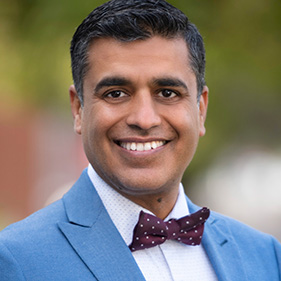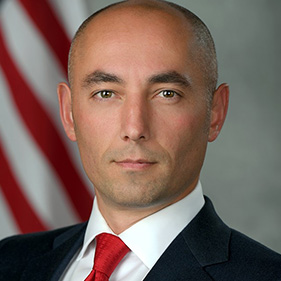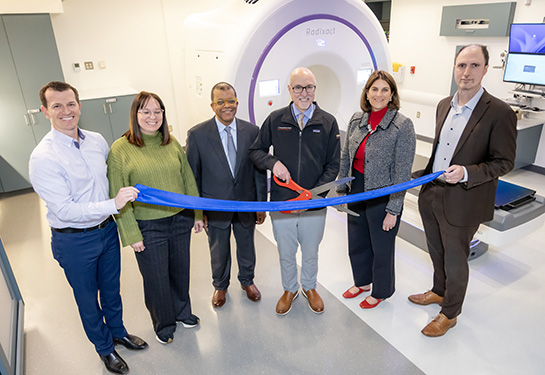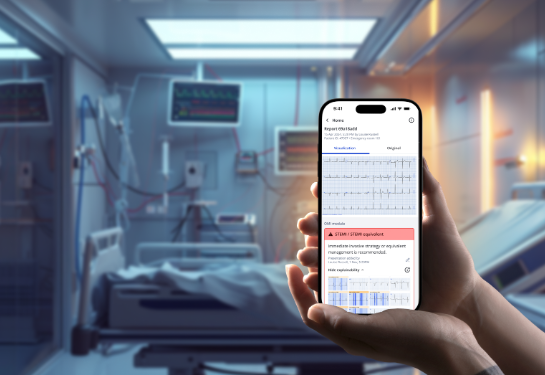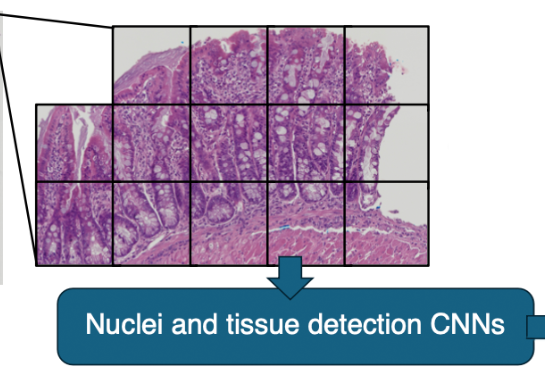UC Davis Health, NODE.health, and Leading Health Systems launch VALID AI
VALID AI will create a collaborative community to advance generative AI in a responsible manner to improve health care and research
As generative artificial intelligence (Gen AI) becomes more prevalent in health care, UC Davis Health along with the rest of the University of California health systems, is leading a member-led collective of health systems, health plans, nonprofit associations, and technology and research partners across the United States and internationally.
The group of more than 30 founding partners will be announced at the launch of VALID AI at the Future & Health Summit at HLTH in Las Vegas this week. VALID AI stands for Vision, Alignment, Learning, Implementation, and Dissemination of Validated Generative AI in Healthcare. It is a collaborative that will explore uses, pitfalls, and best practices for Gen AI in health care and research, and accelerate execution and real-world evidence.
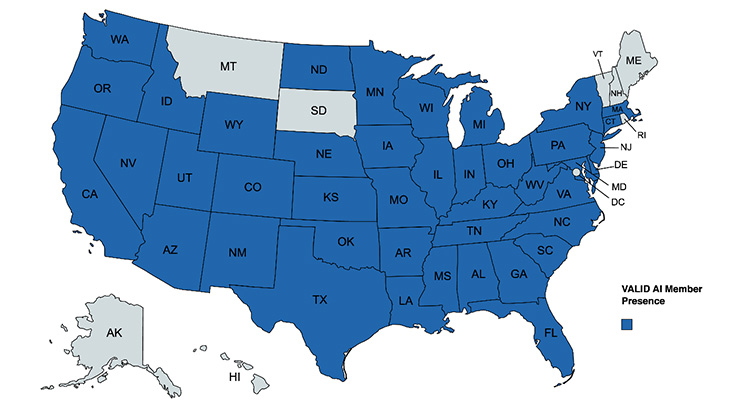
Gen AI is a watershed moment in health care, but fewer than 1 in 10 health care organizations have concrete plans in place for execution. VALID AI hopes to help bridge this gap.
“By embracing open innovation and radical collaboration, health care organizations of all sizes can lead the charge in creating value from Gen AI in a responsible manner,” said Ashish Atreja, CIO and chief digital health officer at UC Davis Health. “We now have an opportunity to co-create the science of Gen AI with our diverse partners in a way that could fundamentally change how care and research will be delivered in the future.” By bringing together diverse perspectives, expertise, and insights, VALID AI will push the boundaries of implementing AI technology and ensure the responsible and ethical development of Gen AI, ultimately shaping a more equitable future for all.
By embracing open innovation and radical collaboration, health care organizations of all sizes can lead the charge in creating value from generative AI in a responsible manner.” —Ashish Atreja
"Gen AI holds tremendous promise for health care but requires guardrails to ensure safety and efficacy,” said Dennis Chornenky, chief AI advisor at UC Davis Health and CEO of Domelabs AI. “VALID AI will accelerate adoption through coordinated validation of use-cases and alignment around best practices for AI governance and AI-enabled innovation.”
VALID AI will accelerate adoption through coordinated validation of use-cases and alignment around best-practices for AI governance and AI-enabled innovation.”—Dennis Chornenky
The VALID AI program revolves around a collective of five core values focused on bringing the power of generative AI to health care organizations and patients:
- Vision: Create a cohesive strategy and shared vision to guide generative AI research in health care, aligning relevant parties, facilitating learning, promoting equitable access to generative AI resources, and accelerating implementation across member organizations.
- Alignment: Help our member organizations and partners align with common standards as they evolve and apply them internally with best-suited organizational frameworks and safe and equitable governance practices.
- Learning: Aggregate cutting-edge research on use-cases, implementation science, policy work, and industry standards from the U.S. and around the world. This knowledge will be shared with our member network and key partners through virtual learning sessions, executive briefings, in-person summits, an online portal, and an online forum for sharing ideas.
- Implementation: Establish the collaborative AI sandbox to support member organizations with integration, validation, and implementation of generative AI use cases. The sandbox program will bring together startups, researchers, and leaders focusing on generative AI in health care with members receiving support and favorable terms for collaboration.
- Dissemination: Share the knowledge and science generated through collective efforts on a global scale through co-publishing white papers, journal articles, and op-eds to advance innovation and enrich the scientific and business communities. An in-person “Generative AI in Health Care Summit” will bring CEOs, executives, and leading practitioners together to discuss advancements and share insights.
“UC experts across its health system are excited to be a catalyst and collaborative force to bring leading academic health centers and industries together for a shared purpose,” said Van Williams, vice president and CIO of University of California. “Taking this step forward in developing the frameworks that will guide groundbreaking and ethical uses of Gen AI is critical.”
Chornenky, who will serve as the executive director of VALID AI, will facilitate a panel with VALID AI founding partners at the Future & Health Summit in Las Vegas.
To learn more about the initiative and express interest in collaborating, visit VALIDAI.Health.
Health Systems and Health Plan Founding Partners
Amrita University, India (global partner)
Atlantic Health
Boston Children’s Hospital
Cedars-Sinai
Children’s Hospital of Los Angeles
CommonSpirit Health
Cone Health
Elevance
ELNA Medical, Canada (global partner)
Fairview Health Services
Houston Methodist
MedStar Health
Memorial Hermann
MetroHealth
Michigan Medicine
Moffitt Cancer Center
NewYork-Presbyterian
Ochsner Health
Sheba, Israel (global partner)
UC Berkeley
UC Davis Health
UC Irvine Health
UC Riverside Health
UC San Diego Health
UCLA Health
UCSF
Union Health
University of Utah Health
Urology of Virginia
Vanderbilt University
Yale New Haven Health System
Associations and Research Partners
Berkeley Artificial Intelligence Research Lab (BAIR)
Berkeley Skydeck
BrainX AI
Center for Health Technology & Innovation – American Heart Association
Coalition for Health AI (CHAI)
MedARC
Node.Health
A complete list of Associations and Technology and Research Partners will be announced on December 7th, 2023 at NODE.Health Digital Medicine Conference, New York City.


